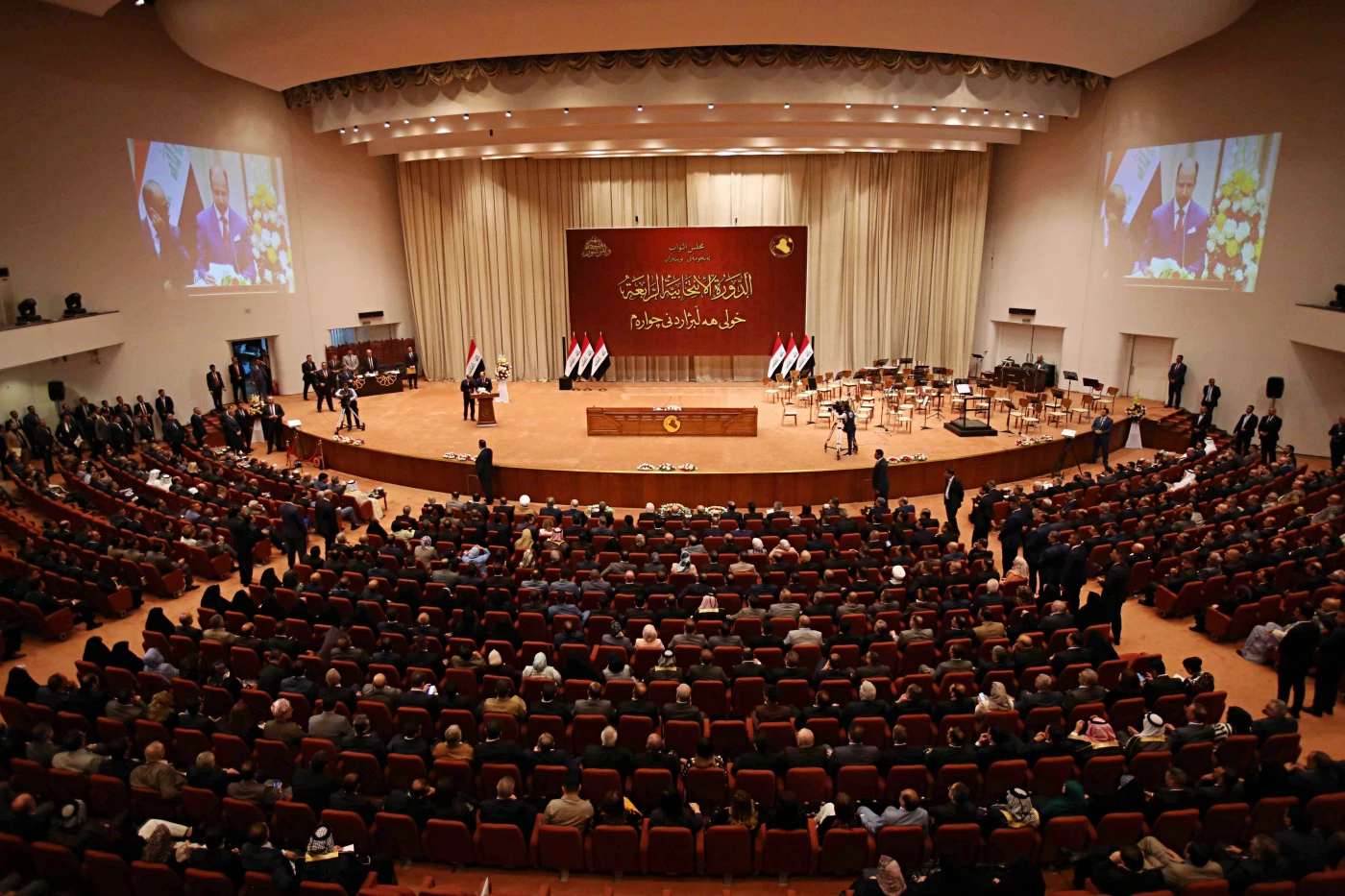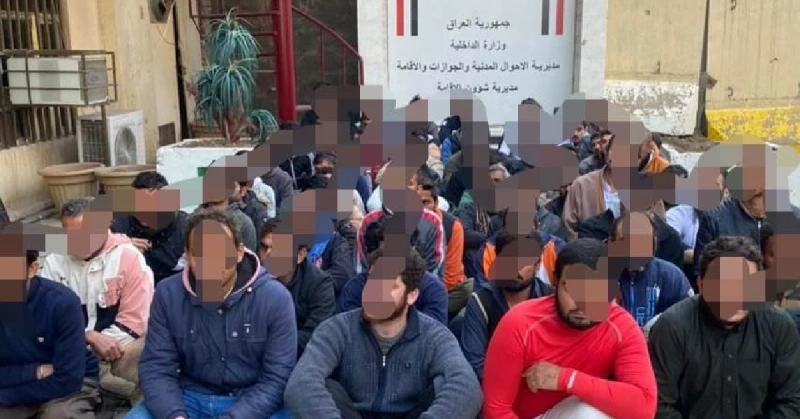ERBIL, Kurdistan Region of Iraq - A Sunni member of parliament on Saturday said that no political agreements have been reached to pass the controversial amendments to the Personal Status and amnesty bill during Sunday’s session of the Iraqi parliament.
“There are no guarantees to pass the personal status bill nor the general amnesty during Sunday’s session, as there has been no prior agreements on that matter,” Nihal al-Shammari, an MP of the Sunni Azm Alliance told The New Region.
Shammari also said there is a possibility that Sunday’s session does not even happen due to not meeting the legal quorum, stressing that holding the session depends on “last-minute dialogue” between the parties in the legislature.
The Iraqi parliament is set to convene on Sunday to discuss a variety of subjects, including voting on passing both controversial bills.
The Amnesty law was among the main requests of the Sunni component upon the election of Prime Minister Mohammed Shia’ al-Sudani.
They believed that following the years of war since 2003 and after the so-called Islamic State rule, their community were among the most affected by unjust mass arrests and terrorism charge allegations, given that many of the insurgencies would originate from Sunni majority areas in the country.
The law redefines the concept of affiliation to terrorism, through which the cases of many in Iraq will become easier to resolve. The bill could save the lives of scores of innocent people from the country’s prisons, but could also lead to the release of the guilty too if not implemented properly.
The proposed amendment to the Personal Status Law would allow couples to choose their religious sect - Shiite or Sunni - when entering into a marriage contract. If the couple cannot agree on a sect, the husband's sect would be applied.
The amendments, which have been criticized by rights organizations and activists, would shift marriage validation from the courts to religious authorities, impacting women's rights, including inheritance and custody.
The bill, primarily supported by male Shiite MPs, is justified by its proponents as a measure to “protect” young girls and reduce divorce rates, but it has faced backlash for potentially legalizing child marriage.
Human Rights Watch condemned the proposed changes as a severe regression for women's and girls' rights in Iraq.



 Facebook
Facebook
 LinkedIn
LinkedIn
 Telegram
Telegram
 X
X


